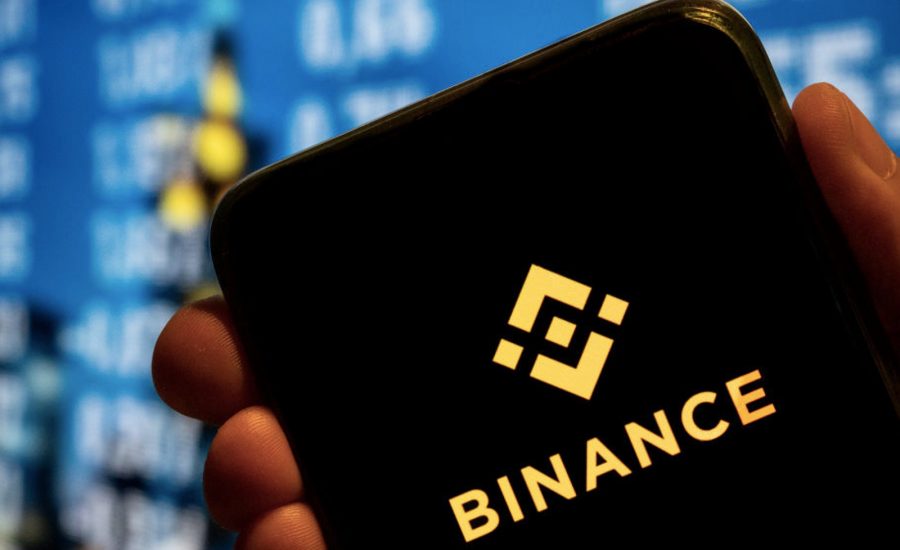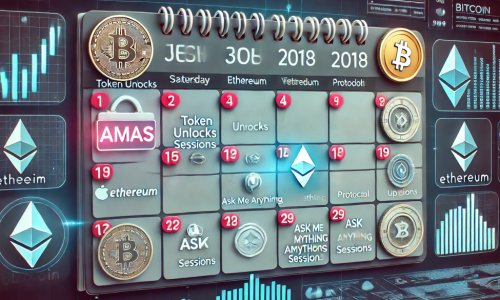Singapore – Singapore years to be a cryptocurrency asset hub without accepting speculations and trading in digital assets. On another note, Binance receives crypto funds from users from Iran.
Singapore or SG wants to become a digital asset hub. Yet, the country doesn’t want to allow conjectures and trading in digital assets, as per MAS or the Monetary Authority of Singapore’s managing director, Ravi Menon. The announcement happened on November 4 at the SFF or Singapore Fintech Festival.
According to Menon, the country targets to be a cryptocurrency hub for testing with programable money, using crypto assets for use cases, such as tokenizing financial and real assets, and atomic settlement to decrease risks and improve efficiency in funding transactions.
Virtual assets are called crypto assets when utilized on distributed ledgers. MAS yearns to make SG one of the top facilitative and conducive in managing cryptocurrency risks. It’s among the severest in places, like deterring retail investments in digital assets.
MAS issued two consultation papers in late October, proposing regulatory measures to decrease the risk of user harm from digital asset trading. These papers also support the improvement of stablecoins, acting as a convincing form of exchange in the cryptocurrency ecosystem.
MAS doesn’t prohibit digital asset businesses in SG, even though it has an uncooperative attitude to retail investments in digital assets and rigorous supervision.
APEX, or Asia Pacific Exchange, introduced its Bitcoin Perpetual Futures in July, and it’s the first product that MAS approved. Before, the exchange introduced the Bitcoin Monthly Futures Contract in May. These products only accept retail investors in SG.
National University of Singapore Business School’s assistant professor, Ben Charoenwong, mentioned to Xinhua that MAS impedes retail investors from exchanging in the market of APEX with a perpetual futures contract.
According to experts, the offer for institutional investors is the right convenience control, yet it’s a dilemma for retail. On the other hand, if Bitcoin performs well, retail investors howl over regulators for not letting them take on many leverages.
According to Menon, the digital asset is the primary thing out of the four programable money forms. The other three include CBDCs, central bank digital currency, tokenized bank deposits, and stablecoin. MAS is deterring retail investment in digital assets, letting tokenized bank deposits, enabling stablecoins via sound regulation, and testing with CBDCs. The attitude of MAS to other programable money forms is different from digital assets.
On the bright side, Charoenwong showed optimism regarding CBDCs, stating that these are productivity boosts and privacy-decreasing relative to the current funding system. However, Menon stated that MAS questioned what purposes they want to attain with programable money instead of debating the pros and cons of CBDCs.


